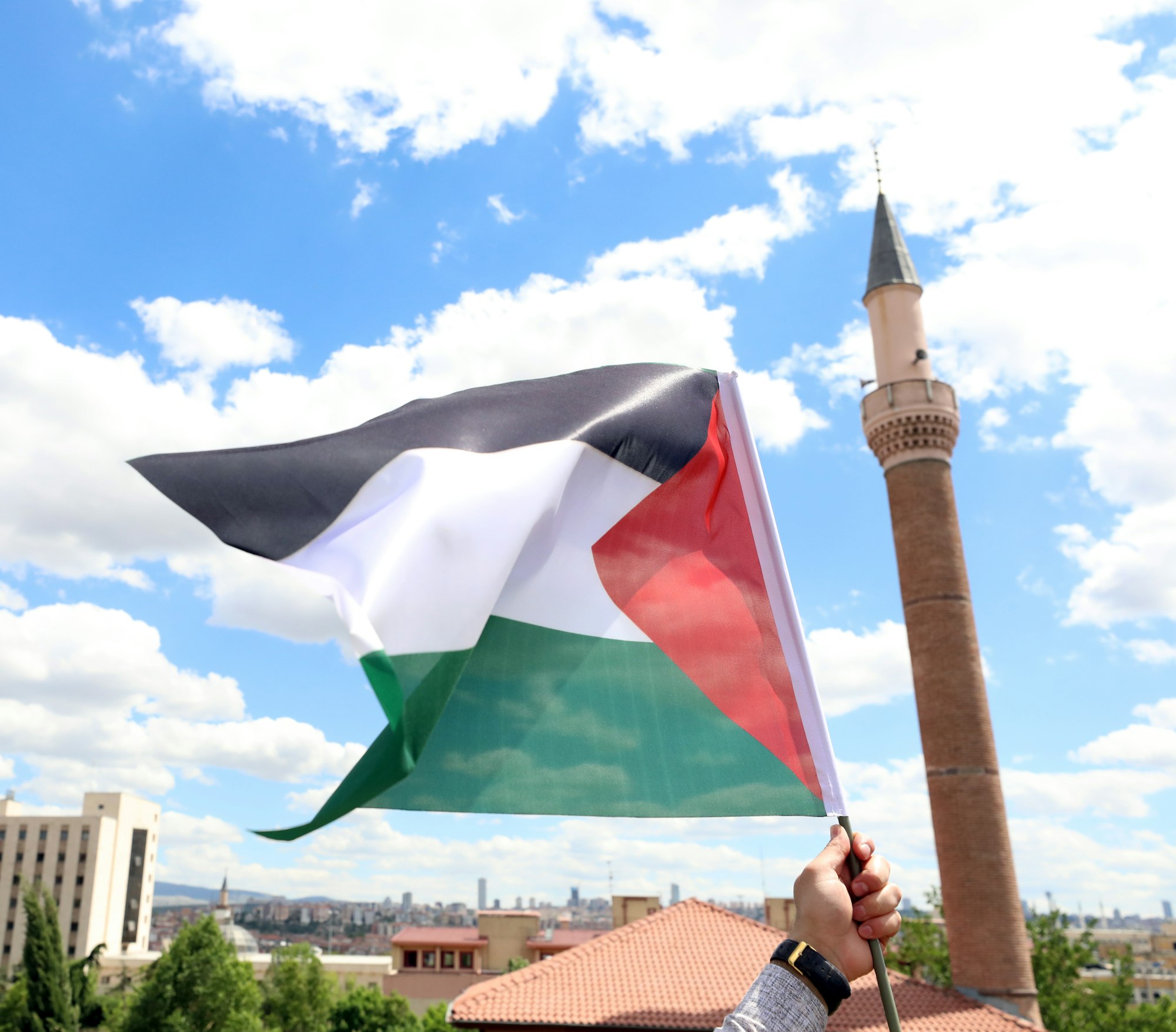Israel Missed Targets: A Social Media Disaster and PR Failures
The repeated bombings and ongoing restrictions imposed on aid delivery have raised significant concerns about addressing the acute needs of the people of Gaza. The question is how is the world impotent in the face of Israeli massacres?

The Israeli army said on Wednesday that another two of its soldiers were killed in the Gaza Strip, bringing the death toll from its ongoing ground offensive in the blockaded enclave to 49 since Oct. 27.
This is a rare admission from the IDF that it's losing men on the ground, while videos abound of purported Hamas fighters taking down Israeli tanks and soldiers thanks to their snipers.
A military statement said that four more soldiers were seriously injured in fighting in the Palestinian territory.

Destroying Buildings
Israel has launched relentless air and ground attacks on the Gaza Strip since a cross-border attack by Hamas on Oct. 7.
Thousands of buildings, including hospitals, mosques and churches, have been damaged or destroyed in the Israeli offensive.
The Israeli death toll, meanwhile, stands at 1,200, according to official figures, which is reduced from 1400 (earlier figures). In the process, Israel has failed lamentably to give evidence of Hamas tunnels with tons of weapons hidden under Mosques, Hospitals and civilian houses.
Israel has also failed to show that Hamas was hiding in the Al-Shifa hospital which it attacked. The IDF had to remove some videos that it said were evidence of Hamas hiding in the hospital, edited portions of it to show a new angle or new ideas and that was finally criticised by the BBC altogether.
A complete disaster for the Israelis seems to unfold while Hamas is still fighting back against the invading forces.
Meanwhile, these are the obvious achievements of the Israeli army:
In recent times, the escalating conflict in Palestine has had a profound impact on the delivery of crucial humanitarian aid to the affected population. The repeated bombings and ongoing restrictions imposed on aid delivery have raised significant concerns about addressing the acute needs of the people of Gaza. This article will explore the challenges faced in providing continuous aid to Palestine and highlight the various ways in which the bombings have hindered humanitarian efforts.
According to a report by Al Jazeera, it has been observed that humanitarian aid has been targeted during the Gaza bombardment. The bombings have created obstacles in delivering aid at a level that corresponds to the enormous needs of the population. The Third Committee of the United Nations General Assembly has condemned the attack on a hospital in Gaza and has called for unimpeded and safe delivery of humanitarian aid. These attacks on aid infrastructure are in clear violation of international humanitarian law and exacerbate the already dire situation in Palestine.
Targeting Densely Populated Areas
One of the primary challenges faced in providing aid to Palestine is the ongoing conflict and the resulting restrictions on aid delivery. The bombings have targeted densely populated areas, including markets, hospitals, residential buildings, and United Nations Relief and Works Agency (UNRWA) facilities. Many of these facilities, including schools sheltering displaced civilians, have been damaged or destroyed, limiting their capacity to provide essential services to the affected population. This has resulted in mass displacement, dwindling supplies, and concerns regarding access to aid.
The repeated bombing of the Rafah crossing by Israel has further complicated the issue of aid access. The Rafah crossing serves as a vital entry point for humanitarian supplies into Gaza. However, these bombings have raised doubts about whether aid will be allowed to enter as existing supplies rapidly deplete. The Egyptian Red Crescent has sent medical supplies into Gaza, but it remains uncertain how the repeated bombings of the Rafah crossing will impact future aid access.
It must be emphasized that the legitimate aspirations of the Palestinian people should not be confused with the extremist ideology of Hamas. Humanitarian aid aims to alleviate the suffering of innocent civilians caught in the crossfire of the conflict. By maintaining this distinction, it becomes clear that the ongoing bombings and restrictions on aid delivery disproportionately affect the most vulnerable and hinder efforts to address their pressing needs.
More Disasters in Gaza
The impact of the bombings on humanitarian aid in Palestine cannot be understated. It has made it exceedingly difficult to provide continuous aid to those in need, exacerbating an already dire situation. The repeated bombings of the Rafah crossing and other vital infrastructure, along with the ongoing conflict, have resulted in mass displacement, limited access to essential supplies, and severe concerns regarding the delivery of aid.
Urgent international action is needed to ensure the unimpeded and sustained delivery of humanitarian support to address the acute needs of the Palestinian population. Only by addressing these challenges and ensuring the protection of aid infrastructure can we begin to alleviate the suffering and rebuild the lives of those affected by the conflict in Palestine.
At least 11,320 Palestinians have been killed, including around 7,800 women and children, and over 29,200 others have been injured, according to the latest figures from Palestinian authorities.

